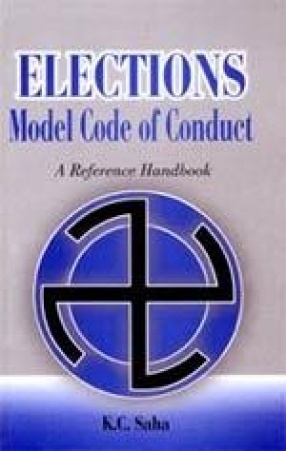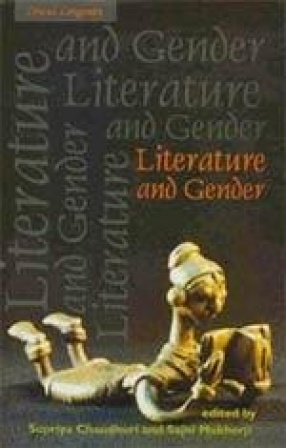The seeds of communal disharmony sown by the British to perpetuate their rule over India caused not only the partition of the country in 1947 but also influenced the very functioning of the democratic process in independent India that remained, unlike Pakistan, multi-religious and pluri-cultural. While secularism was officially propagated, political parties played politics on communal lines. Focussing on the decade of the 1980s that witnessed rise of Islamic fundamentalism worldwide, this book attempts to profile the emerging political culture of communalism in India. Politics surrounding the Shah Bano case and the Ramjanmabhoomi Babri Masjid controversy provides the material to analyse the factors responsible for the growth of communalism and its interface with democracy. The book traces the growth of communalism and identifies major trends in communal politics. It documents the process of politicisation of masses along communal lines and analyses its impact on the political behaviour, particularly on electioneering and its outcome. Written by a political scientist this book is meant not only for scholars but also for those who are interested in Indian politics.

Communal Angle in Indian Politics
In stock
Free & Quick Delivery Worldwide
reviews
Bibliographic information
Title
Communal Angle in Indian Politics
Author
Edition
1st ed.
Publisher
ISBN
8170336376
Length
203p.
Subjects





There are no reviews yet.